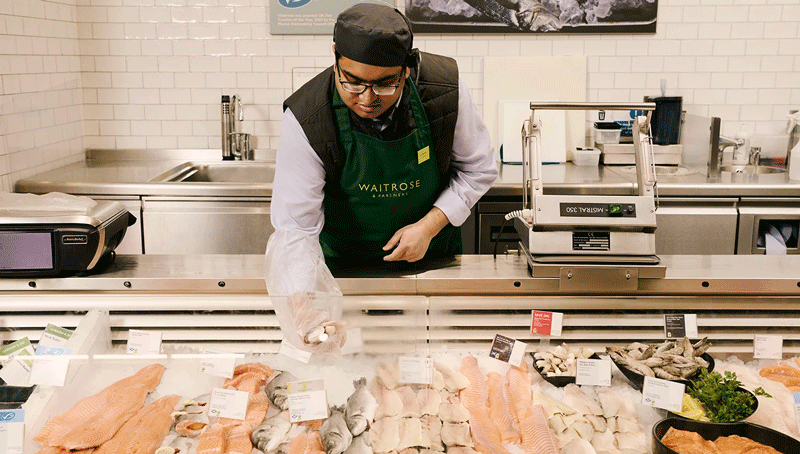By Sarah George
Copyright edie

The Science-Based Targets Network (SBTN), which first began verifying large businesses’ nature targets last October, announced the milestone at Climate Action Week in New York.
It confirmed that Waitrose, along with the Danish Pelagic Producers Organisation, Orkla Foods Sweden, Seatopia and Musholm, will work to develop the world’s first verified ocean science-based targets for the seafood sector, using SBTN’s recently released guidance.
They follow in the footsteps of pharma giant GSK, luxury fashion house Kering and building materials manufacturer Holcim, who set verified freshwater targets late last year. Kering also set targets for land use.
A further seven companies have had freshwater targets validated, but will not yet publicly announce this.
Musholm’s head of public affairs and communications, Teis Volstrup, said: “The target-setting process is already delivering real value, giving us sharper insights and helping align our business with what the ocean needs.”
Orkla Foods’ environment and sustainable sourcing manager, Lars Lundahl, added: “By joining this pilot, we aim to strengthen our risk and opportunity assessment to support science-based action to address challenges across our seafood value chains.”
Waitrose is notably aiming for 100% of its own-brand fish and shellfish to come from third-party verified responsible sources by the end of 2025.
It has already cut ties with any suppliers linked to shark finning, commercial whaling and the commercial culling of marine mammals like seals and walruses.
Enabling additional action
The SBTN claims that, all in all, 150 companies, collectively representing more than $5.5trn in market capitalisation, are preparing to set science-based targets for nature.
Its next step forward accounts for the needs of companies that want to move quickly, but may take time to align with the full scope of a verified target.
It will do so through an ‘accelerated pathways’ platform, described as a “modular entry point” which helps businesses to “lay the foundation to scale towards full target coverage over time”.
Companies using this platform do not need to assess their entire value chain. Instead, they can conduct more targeted assessments in hotspots for nature-related impacts and/or risks.
The SBTN is also set to launch a new digital portal where companies can publicly signal their next step towards science-based targets for nature.
This should, it argues, show international negotiators the level of appetite in the private sector for strong, science-based actions to conserve and restore nature.



